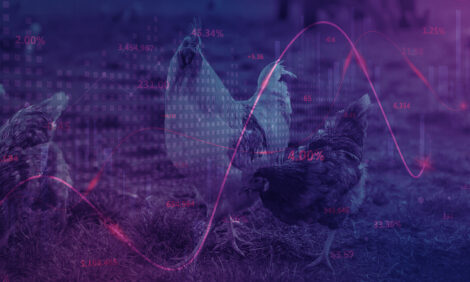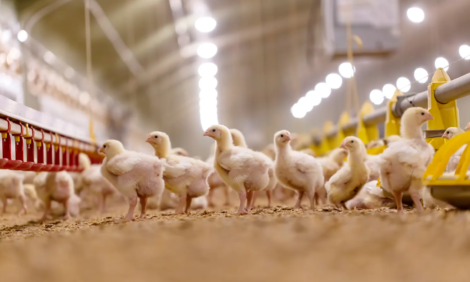



India: False rumors about poultry products and Covid-19
Poultry products were incorrectly blamed for the spread of Covid-19When WHO declared the Covid-19 pandemic, a global lockdown ensued, which restricted major economic activities and created panic among the public. The supposed role of poultry products in the spread of Covid-19 in India resulted in a drastic downfall in poultry demand even before the lockdown, causing the collapse of the Indian poultry market, according to a report from Ashwini Chaple and colleagues from the ICAR-Indian Veterinary Research Institute and the Central Avian Research Institute.
In a presentation made during the 2022 World’s Poultry Congress in Paris, Chaple reported on a survey conducted to assess the public’s attitude on the subject. Of those surveyed, 78% were graduate level or above and 41% were not directly associated with the poultry industry.
Over a third of those surveyed believe that animals and poultry can get infected with Covid-19, based on social media inputs. However, 69% of the respondents denied the possibility of Covid-19 spreading to humans through eggs and meat, said Chaple. He added that 57% of those surveyed thought it was a myth that poultry products spread Covid.
Over a third (65%) of the respondent agreed that Covid-19 affected the poultry industry economically but noted that the poultry sector bounced back by addressing consumers with awareness drives and scientific discussions, the researchers said.
Two thirds (70%) of those surveyed consumed poultry products during the pandemic and 63% of them convinced others to eat poultry products during the pandemic, Chaple said.
Many respondents agreed that one can be trained to spot rumors and deal with them by advocating science (36%), refraining to propagate potential misinformation (55%), and fact-checking (45%), according to the researchers.
As to how the government could best help poultry farmers during a pandemic, there were mixed responses from those surveyed:
- provision of capital (41%)
- loan waivers (40%),
- subsidy on raw material (36.4%)
- direct cash transfer (26%)
Respondents thought the government could control possible damage by creating awareness (66%), framing strong legislation (53%) and improving surveillance and cyber security (46.4%), said the researchers. Only 26% of the respondents thought the government helped the industry financially during the crisis.
The supposed role of poultry products in spreading Covid-19 in humans is a myth with no scientific base, however, it greatly affected the Indian poultry industry, concluded Chapel and colleagues.









